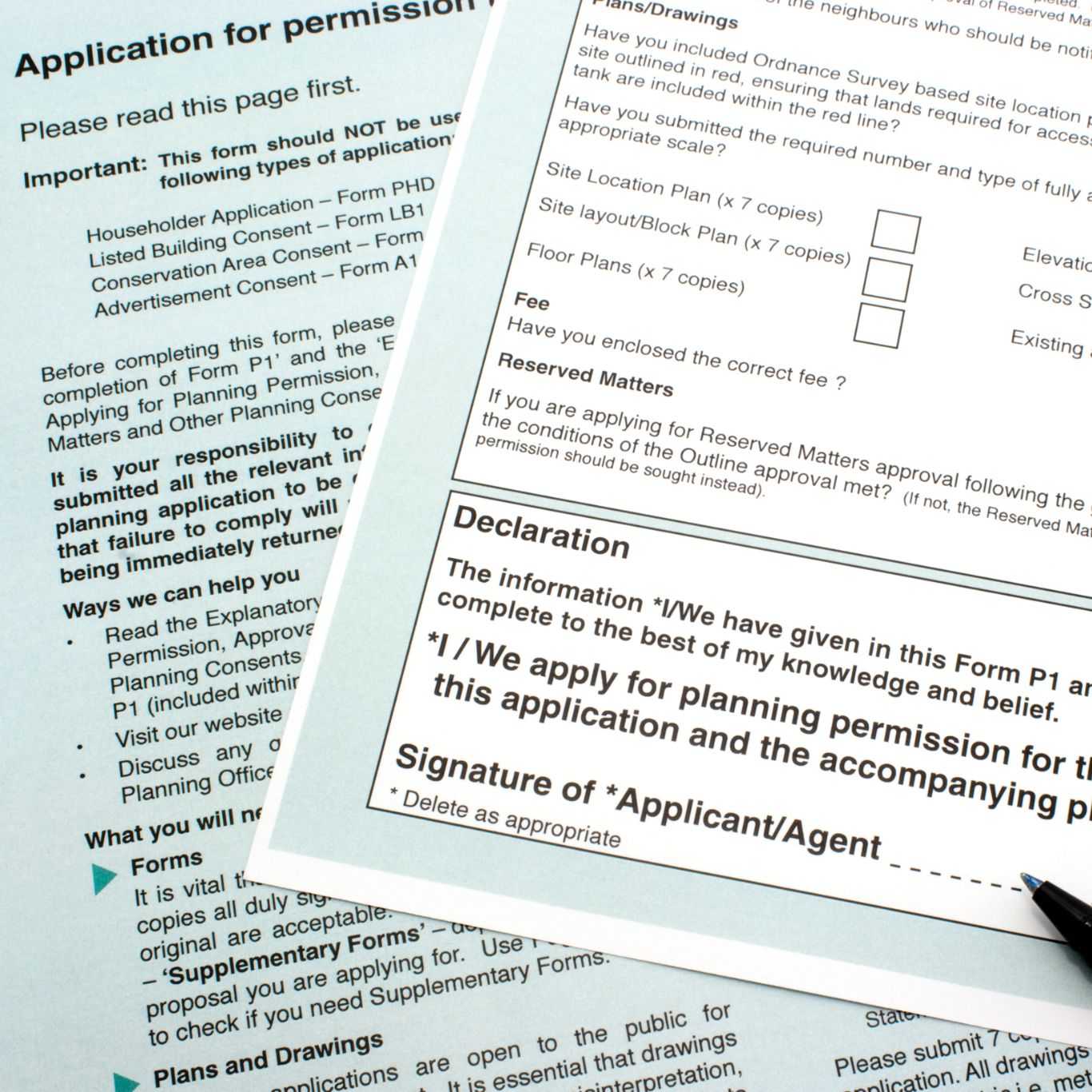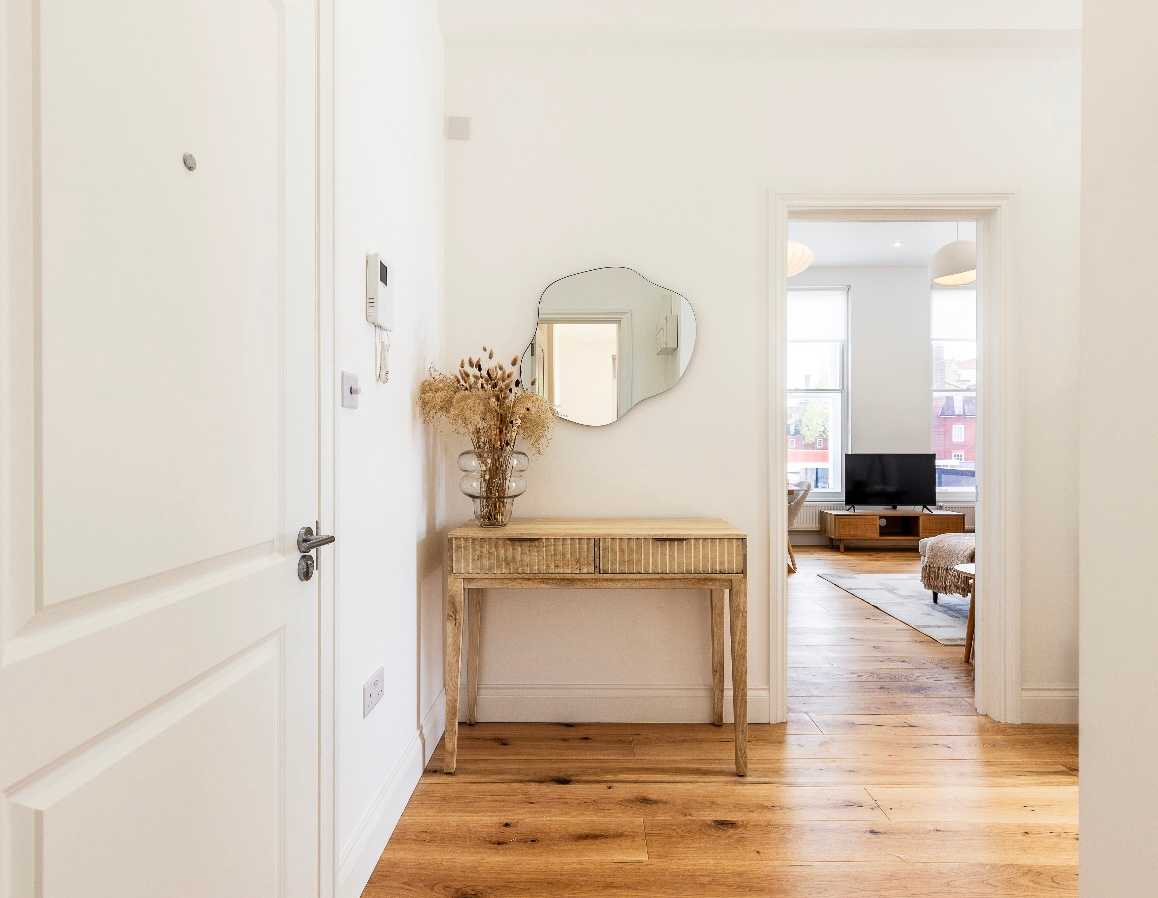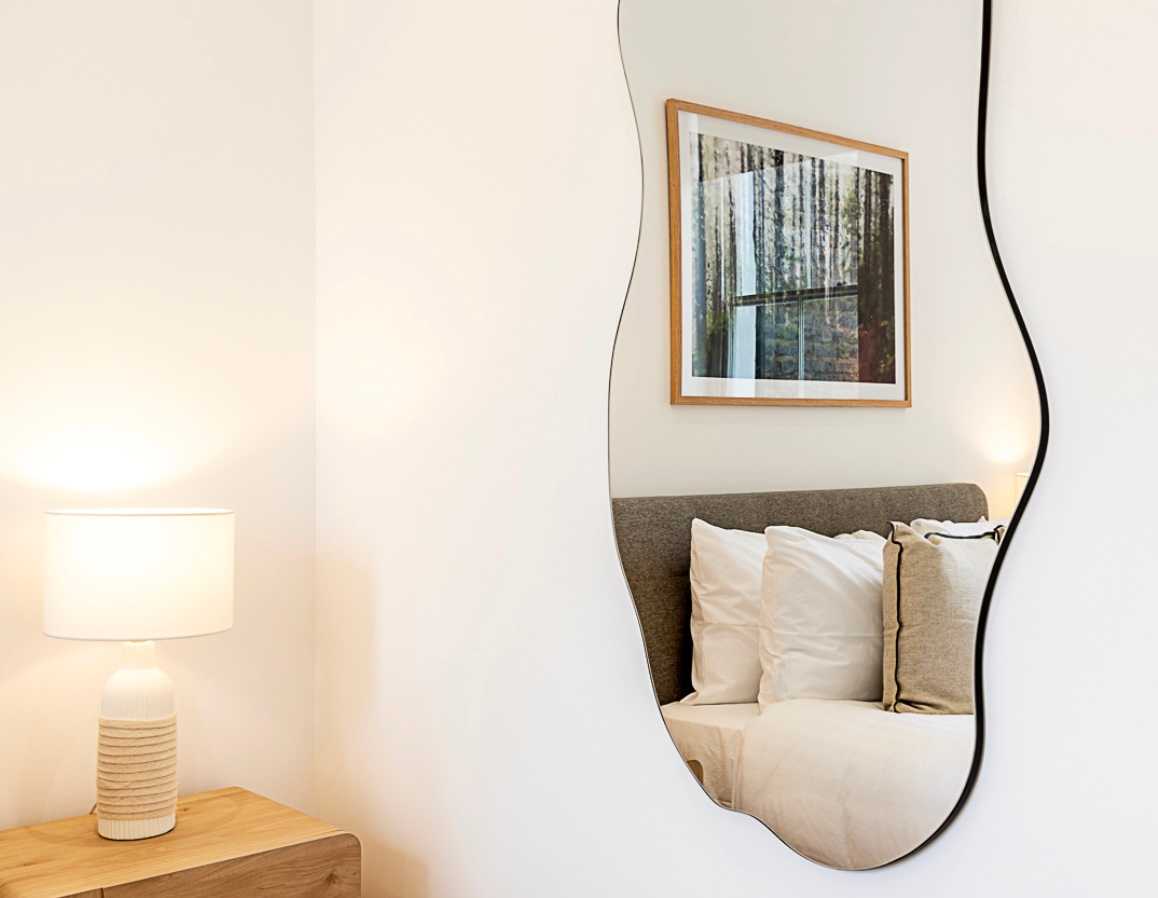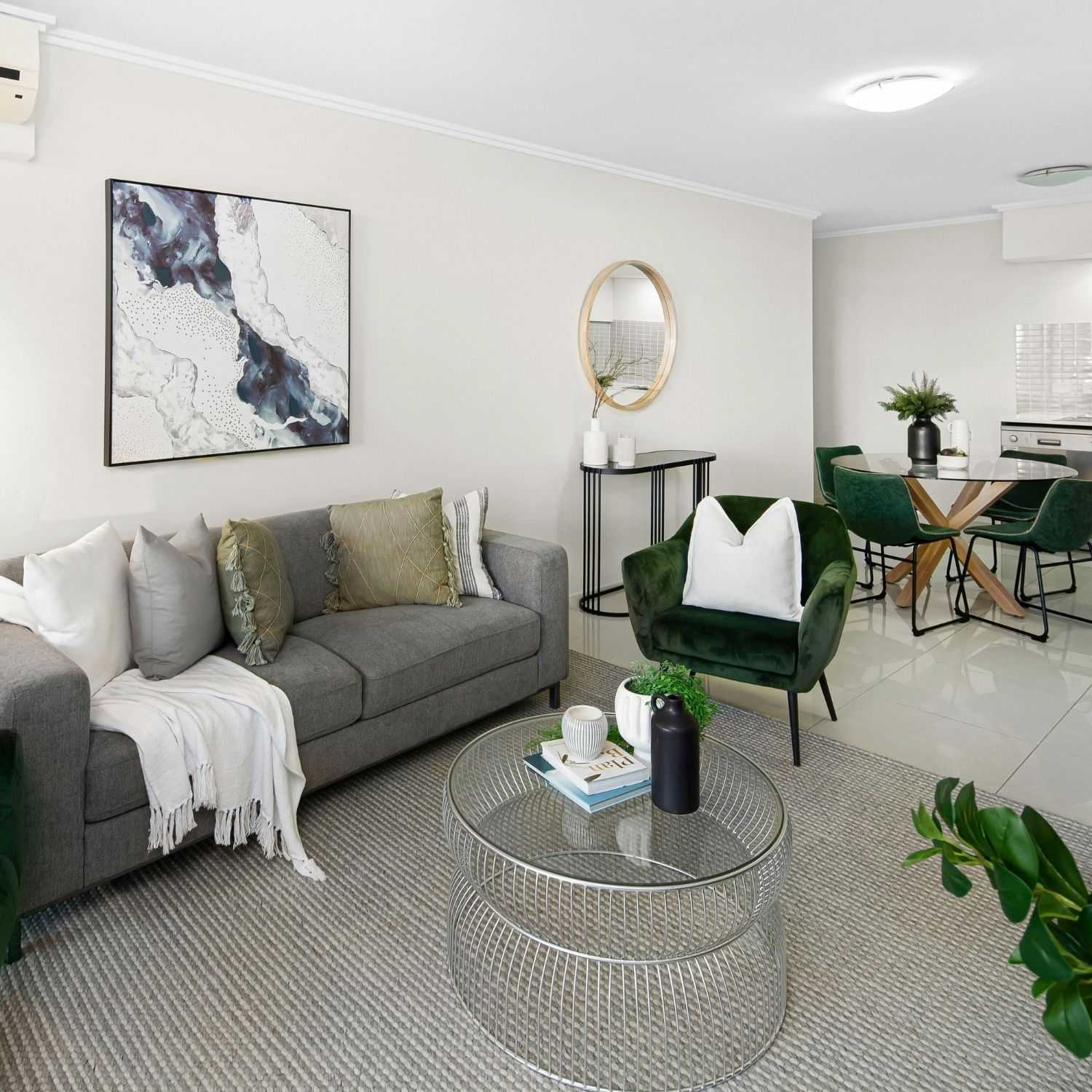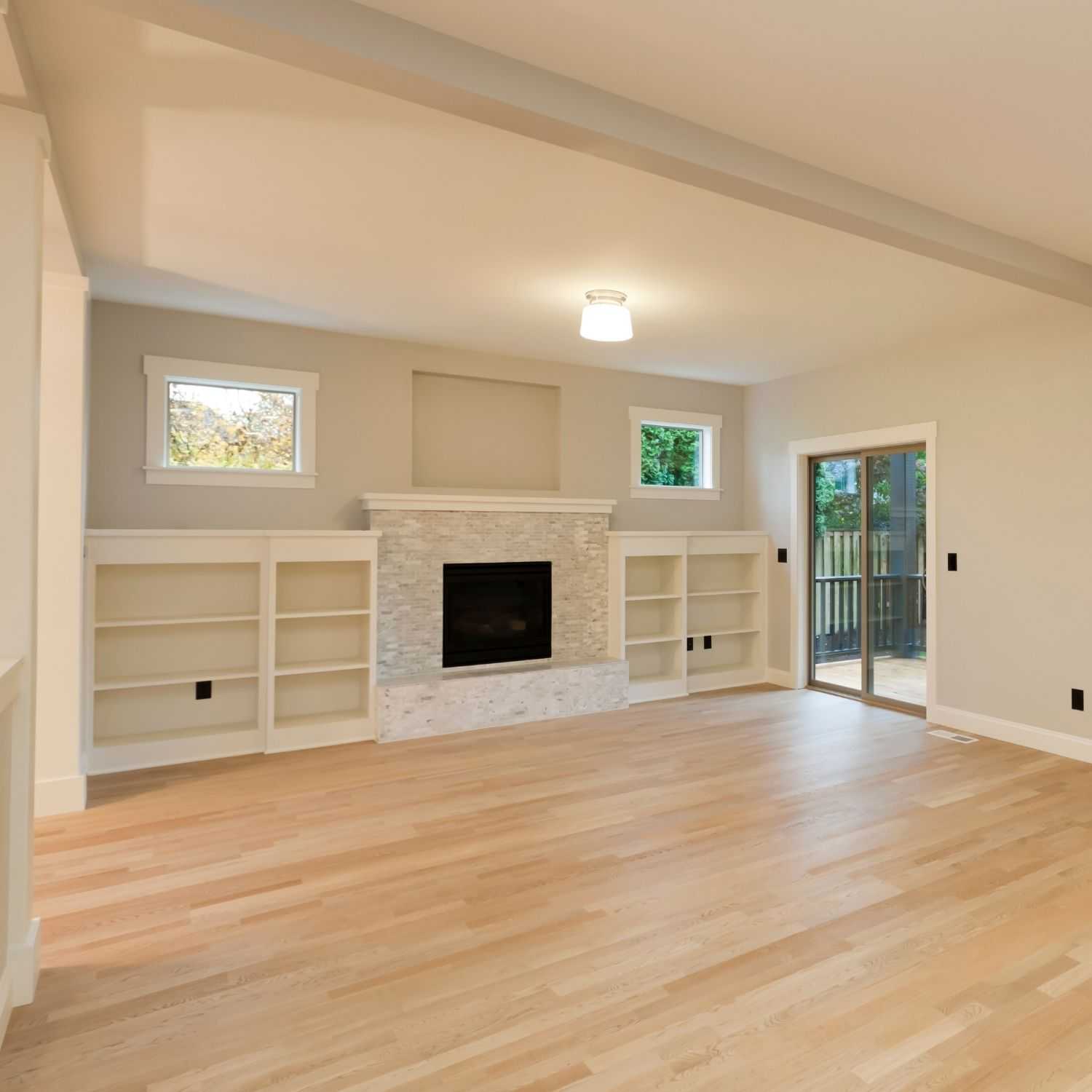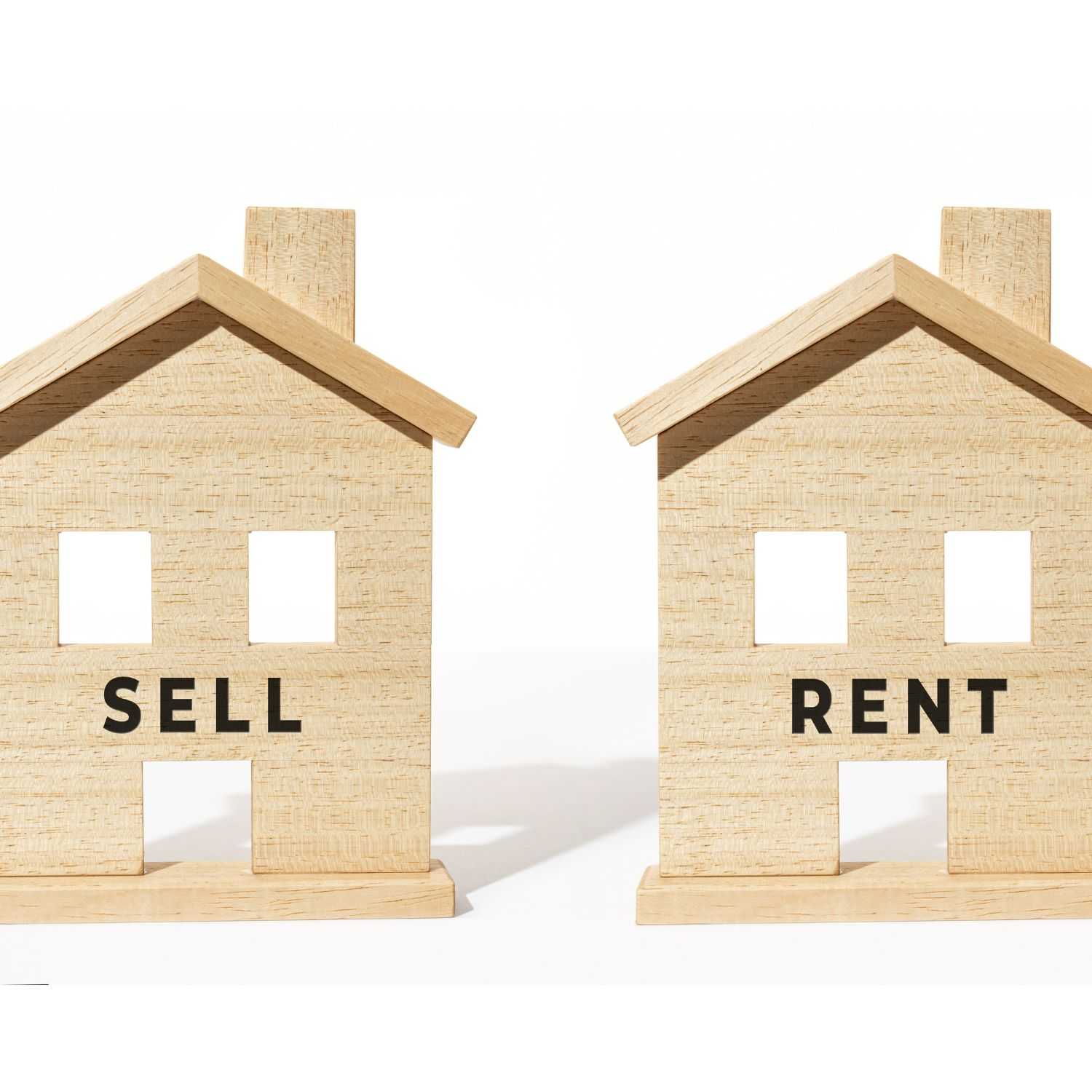Share
Would you like to list your property on Airbnb so you can earn rental income through short-term letting? You might need to get planning permission first.
In April 2023, the housing secretary, Michael Gove, laid out plans for a new policy. Once approved and implemented by the local council, this policy would require property owners to get planning permission before converting their properties into short-term accommodations. Without this permission, rental properties are only allowed 90 days every year to rent their houses on a short-term lease. Failing to comply with either the planning permission or the 90-day limit would lead to legal implications that can compromise the profitability of a property portfolio.
In this article, you’ll learn more about this planning permission. You’ll also get tips to help you comply to maximise your Airbnb property listing.
Airbnb’s Planning Permission: The Basics
To better understand the idea behind Airbnb’s planning permission, it’s best to discuss the reason why it’s needed so the local government can put restrictions on the short-term letting industry.
Short-term letting is an effective strategy that maximises the earning potential of a rental property. It allows landlords and property owners to charge guests per night instead of per month. The shorter stay leads to higher rental rates which in turn would lead to better returns for a property investment.
While this seems like a very rewarding letting strategy, it affects the housing market in general. With property owners opting to rent their space, it leaves people with fewer long-term housing options. One report reveals that 1 out of 10 people in London live in overcrowded houses – partly because property owners are holding out their units for short-term leases.
Although the government understands the incredible contribution of the short-term letting industry, they know that restrictions like the 90-day rule have to be put in place. It minimises the effects on the housing market.
Fortunately, there’s a way around this restriction.
If you can get planning permission approval from the local council, you’re allowed to short-let your property for more than 90 days per calendar year. Short-term rentals are considered a change of use by the local housing rules. You need to get permission before you can implement this change.
There are a couple of considerations before you can get planning permission approval.
Location: Local Rules
The rules vary depending on where the property is. The rules in Camden may be different from the city of London. Get to know what the local council requires from short-term rental properties so you can make the necessary arrangements before sending your application. After all, each application will cost you. Although you can reapply if you get disapproved, it will cost you more. It’s better to understand the specific guidelines first so you can take the right steps towards compliance.
Structure: Ample Space
The local council will check the size and dimensions of the property to make sure it’s suitable for short-term letting. A cramped space could make your guests feel uncomfortable. When more people are staying in your flat than what it can ideally accommodate, that can lead to damages to the property. Not only that, but it can also disrupt your neighbours. Give guests enough space to have a great stay in your Airbnb property.
Facade: Aesthetic Integrity
Some neighbourhoods want to maintain a specific look. This is why the facade of your rental property is important. Any changes that you need to make to comply with the rental rules should not compromise the aesthetic integrity of the neighbourhood. Otherwise, it can lead to the local council’s rejection of your planning permission application.
Materials: Premium Standards
If you need to upgrade anything in your property to comply with rental laws, make sure you only use high-quality materials. These will make your home more durable and sturdy enough to withstand the high turnover rate that’s common in short-term letting.
Ensuring the structural integrity of the property is one thing that the local council will check so make sure they won’t have any reason to reject your application. This will also improve the longevity of your property – which will lower operations costs.
Restrictions: Clear Limitations
One of the issues that the local council wants to solve with the planning permission is overcrowding. Make sure you can convince them that you can set clear limitations as to the number of guests that you’ll allow to stay on the property. Be strict in implementing this so your application for planning permission won’t get in trouble. It’ll also save you from paying fees and penalties.
How to Apply for an Airbnb Planning Permission
Now that you know what you need to consider to get planning permission approval, how can you apply?
Simply go to the Planning Portal and follow the instructions to apply for planning permission. Do your research and focus on the specific requirements of your property’s location. That way, you can gather everything needed to get an approval.
Take note that there are instances when you don’t need to apply for planning permission for an Airbnb property.
In London, for instance, if you pay the Council Tax on the property, you’re exempted. You also don’t need to apply if you have no plans of letting the property for more than 90 days per calendar year. This is also not needed if you live in the same property and you’re only renting out a room.
Once you’ve applied, the local council will review the documents submitted. They will also notify your neighbours to inform them that you plan to short-let your property.
How to Guarantee an Airbnb Planning Permission Approval
Getting planning permission approval is easier if your rental property is completely compliant with the local council’s rules and regulations. It also helps if you can show proof that your property is sustainable and eco-friendly.
More than anything, what will help your application is adequate knowledge about the whole process. If you know what’s expected of you, then you can promptly gather the requirements needed so you can show compliance.
One thing that can also help is consulting with property experts. Feel free to reach out to the local council to get insights about the application process. Ask them what you need to do to get approval.
Partnering with a property management company that’s well-versed in short-term letting in London will also help your case. They can provide their expertise and experience in helping prepare your property.
City Relay, for instance, provides partners with property guidelines. This is the standard that’s followed by all the properties that they manage. If you partner with City Relay, property experts will guide you in meeting all the requirements stipulated in the guidelines. You won’t just comply with local regulations. You’ll also achieve Airbnb property compliance.
If you’re ready to apply for Airbnb planning permission, contact us today. Let’s work on maximising your property’s earning potential.
